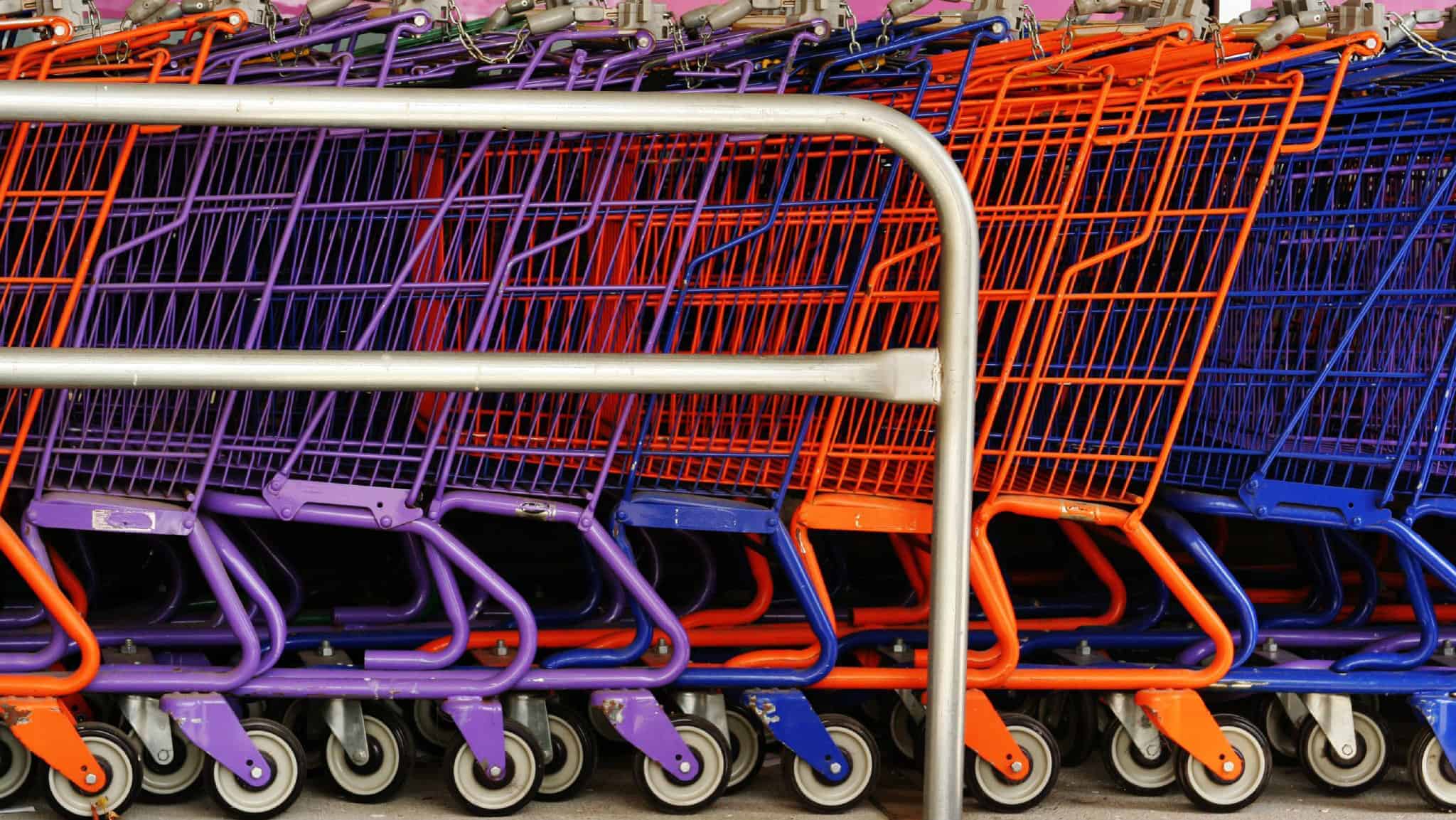
As minimum wage hikes are planned in some of Canada’s major provinces, the impact could be significant on retailers. Alberta will be the first province to reach a $15 minimum wage in about a year, with Ontario looking to follow three months later.
Many retail positions pay close to minimum wage, and so the larger the hike, the larger the potential cost increase. Ontario’s minimum wage will rise by $0.20 to $11.60 next month, and an increase to $15 means a jump of almost 30%. In Alberta, the minimum wage will reach $13.60 next month, and an increase to $15 will mean wages will only rise 10% in that province.
I’m going to have a look at four of the biggest retailers on the TSX that have significant operations in these two provinces and assess which one might be the most impacted as a result of the increasing minimum wages.
Which company pays its staff the least amount?
To gauge the overall pay for a company is difficult, but by looking on the website glassdoor.ca, where employees have posted wage information, you can certainly get a rough estimate. I’m going to take a look at a cashier position since that will be prevalent in all companies, and it should provide a good benchmark.
According to the website, Loblaw Companies Ltd. (TSX:L) averages a wage of $11.44 for its cashiers, followed by Empire Company Limited’s (TSX:EMP.A) stores, which average $11.25, Dollarama Inc. (TSX:DOL) comes in at $10.91. Canadian Tire Corporation Limited (TSX:CTC.A) is slightly lower and has the lowest wage of $10.90. These figures will change as more employees contribute wage information to the website, so these are not fixed amounts.
Overall, the gap between the stores is not significant. Loblaw stores have been known to pay employees better than other retailers, while Empire has a much stronger presence (as a percentage of its stores) in Alberta where wages are higher, and the numbers from glassdoor seem to confirm this information.
A look at margins
Another important number to look at is each company’s gross margin. This is important because it allows us to see what percentage of revenue that a company will have to cover its overhead and other operating expenses. The higher the gross margin, the greater ability for a company to be able to absorb higher wages, and an increase in sales can more easily offset higher costs.
A look into each company’s most recent fiscal year saw that Dollarama’s margins were the highest at 39%, followed by Canadian Tire, which averaged 35%, Loblaw averaged 28%, and Empire averaged the lowest margins with just 24%.
Bottom line
Although Dollarama and Canadian Tire had the lowest average wages in this sample, the gap is not significant, and with strong gross margins, both companies are in better positions to absorb increasing costs than the other retailers listed here.
However, for Loblaw and Empire, these two companies could see the biggest hits from minimum wage increases since added costs won’t as easily be covered by rising sales. This could result in both retailers raising prices, which could adversely impact top and bottom lines if consumers turn away in search of more affordable options.







